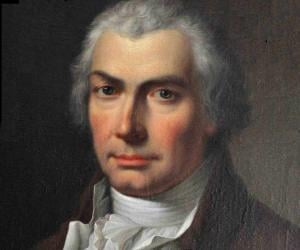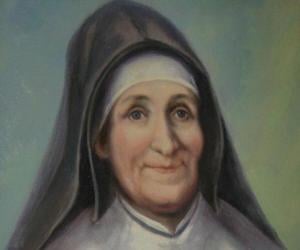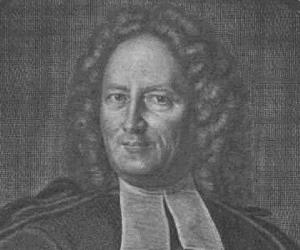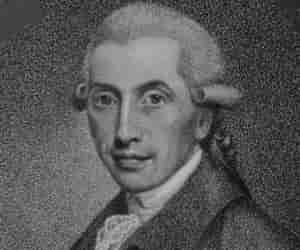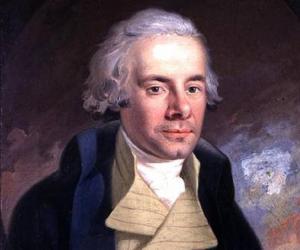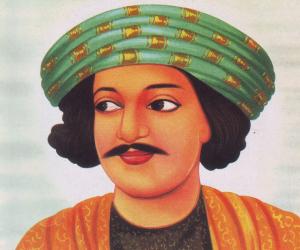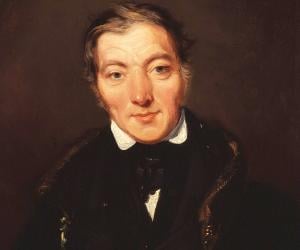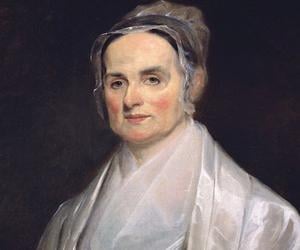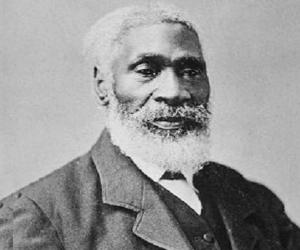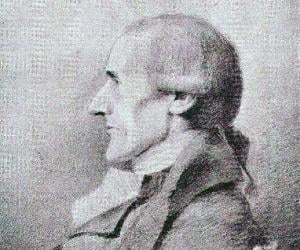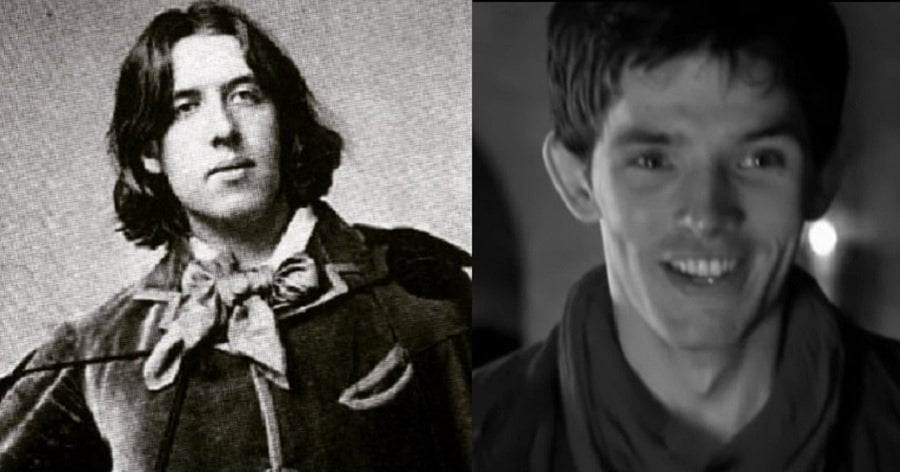Raja Ram Mohan Roy was an Indian social and religious reformer. He is credited with co-founding the Brahmo Sabha, a social-religious reform movement. Often referred to as the Father of the Bengal Renaissance, Roy has had an influential role in fields like politics, education, and religion. In 2004, he was ranked 10th in BBC's Greatest Bengali of all time poll.
Lucretia Mott was an American women's rights activist, abolitionist, and social reformer. Mott played a major role in the events leading up to the Seneca Falls Convention, the first gathering supporting women's rights in the USA. Lucretia Mott's work influenced Elizabeth Cady Stanton whom she mentored. In 1983, she was inducted into the National Women's Hall of Fame.
Josiah Henson was an American abolitionist, author, and minister. Henson escaped to Upper Canada after being born into slavery and founded a settlement for other fugitive slaves in Kent County. Josiah Henson's autobiography about his escape from slavery is said to have inspired Harriet Beecher Stowe's title character in her novel Uncle Tom's Cabin.
Granville Sharp was an activist who became one of the first English campaigners to support abolitionism in the UK. Sharp devised a plan to settle people in slavery and black people in Sierra Leone. He also established the St George's Bay Company and is thus considered a founding father of Sierra Leone. Sharp also worked towards correcting other social injustices.
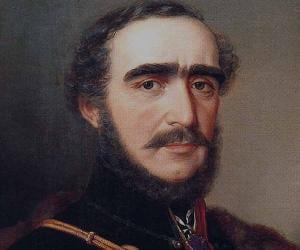
Remembered as "the Greatest Hungarian,” István Széchenyi was a reformer and author who had initially fought against Napoleon I. He had served as the minister of public works and transport and improved his country’s waterways and roadways. Charged with sedition against Austria’s reign over Hungary, he later committed suicide.
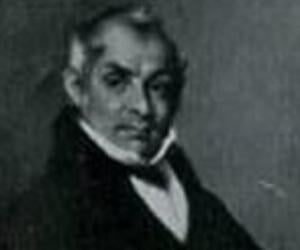

Part of the 18th-century London intellectual circle, socialite Elizabeth Montagu was a pioneering member of the Bluestockings, a group of women who engaged in evening conversations as a substitute to card-playing. The wife of affluent landowner Edward Montagu, she inherited his riches and later built the Montagu House.
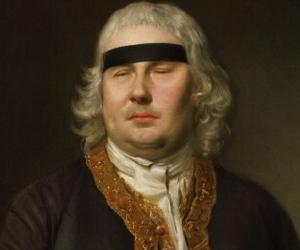
In spite of being blinded in an accident at age 19, John Fielding managed to become a magistrate. The half-brother of author Henry Fielding, he was nicknamed Blind Beak and was able to recognize criminals by their voices. He established the Bow Street Runners and revolutionized the juvenile justice system.
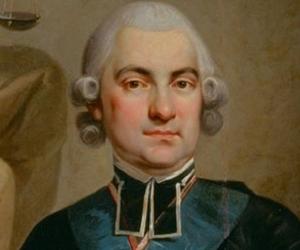
Hugo Kołłątaj was a Polish educationalist and constitutional reformer who played a major role during the Polish Enlightenment. An influential social and political activist, Kołłątaj was one of the authors of the Constitution of 3 May 1791, which aimed at implementing a constitutional monarchy. Hugo Kołłątaj's work also influenced many subsequent reformers.
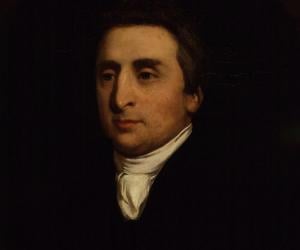
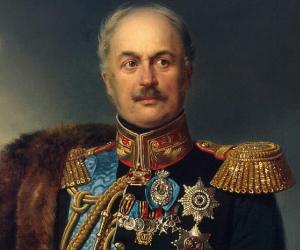
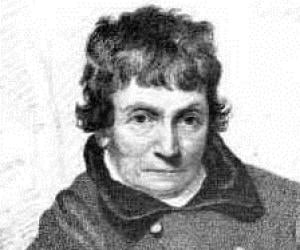
Known as the Father of Reform, John Cartwright made significant parliamentary reforms, which later became part of the People’s Charter. An English naval officer, he had also been part of the Seven Years’ War. He also worked for universal suffrage and, in his later life, invested in crop trials and agricultural improvement.
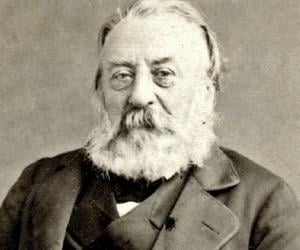
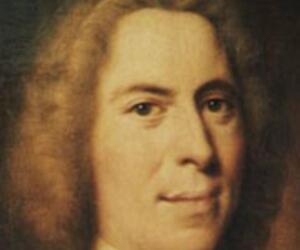
Born into one of the noblest Austrian families, Nikolaus Zinzendorf devoted his life to the welfare of the poor. Recognized as a distinguished leader of the Moravian church and a reformer of the Pietist movement, he created a worldwide missionary network that he hoped would sustain an ecumenical Protestant movement.
